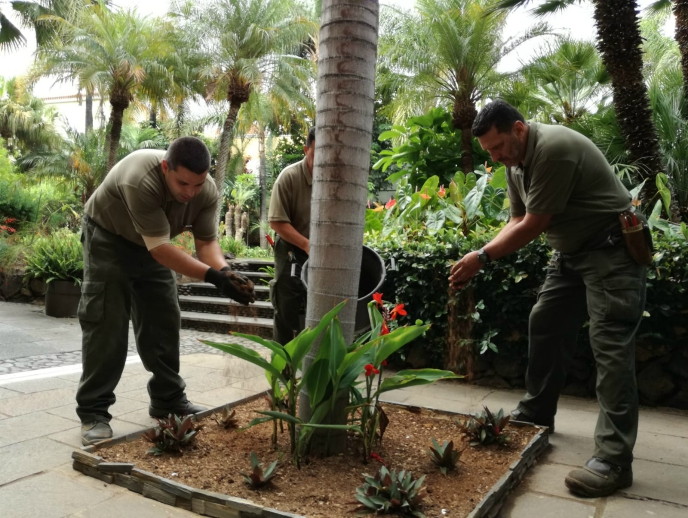Working towards sustainable peace
Recently, the European Union has struggled with its capacity to prevent and deal with violent conflicts and instability both at home and worldwide. Frequent challenges include the reactive nature of the EU’s interventions, insufficient ability to anticipate crises, and the perceived gap between its short-term actions and long-term commitment to peacebuilding. Taking a proactive response to these shortcomings, the EU-funded WOSCAP project has developed practical approaches and tools to help the EU better fulfil its peacebuilding mission. Using a Whole of Society Approach, the project brought together research institutes, universities, think tanks and organisations to bridge the gap between research and practice. “The project aimed to enhance the EU’s capabilities for implementing conflict prevention and peacebuilding interventions using comprehensive, sustainable and innovative civilian means,” explains Project Coordinator Gabriëlla Vogelaar. An inclusive approach What stands out about the WOSCAP approach to conflict prevention is its use of local ownership and inclusivity as the building blocks of sustainable peace. “We believe that the inclusion of local researchers is at the heart of peace building,” says Vogelaar. “As such, successful peace building and conflict prevention is not in the hands of policy makers alone but should directly involve those who are affected by the conflict.” To start, researchers compared the EU’s ambitions and policies with how they are actually implemented in practice. This meant reviewing the EU’s past and ongoing interventions in Ukraine, Mali, Georgia and Yemen, along with the cases of Sri Lanka, Kosovo, Afghanistan and Guatemala/Honduras. “These conflicts were chosen as they are at the top of the international agenda,” adds Vogelaar. Based on this research, the project issued recommendations for improving policies and actions for inclusive conflict prevention and peacebuilding. This was shared through 26 research reports, 15 policy meetings and interactions with over 300 stakeholders. Already having an impact According to Vogelaar, these articles and meetings have significantly enhanced the EU’s performance in the areas of multi-track diplomacy, security sector reform and governance reform. For example, one article on security sector reform (SSR) will likely feed into the EU’s own SSR policy that is currently being developed. Likewise, the articles on multi-track diplomacy and the use of the decentralisation process have already contributed to a better understanding of some of the pertinent challenges and opportunities for EU engagement in these areas. “By demonstrating the ambiguities of EU engagement with different levels of peace negotiation and mediation, we contributed to the emerging academic literature on EU mediation,” adds Vogelaar. Vogelaar notes that the project’s impact even extends beyond the EU. At a recent conference, the WOSCAP recommendations were noted as being highly relevant to the current discussions on the UN’s sustaining peace agenda.
Keywords
WOSCAP, security, EU conflict resolution, sustainable peace, diplomacy







